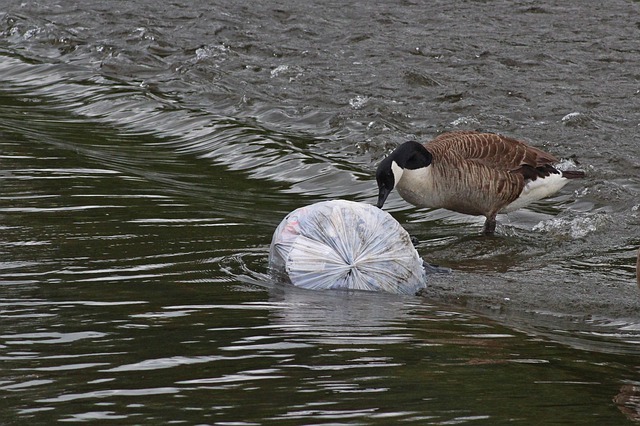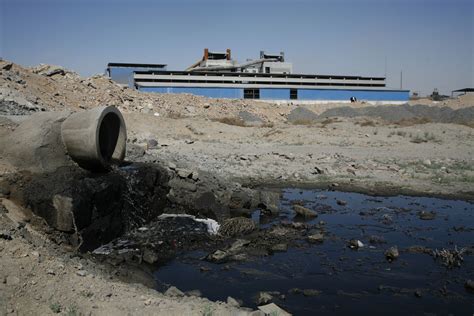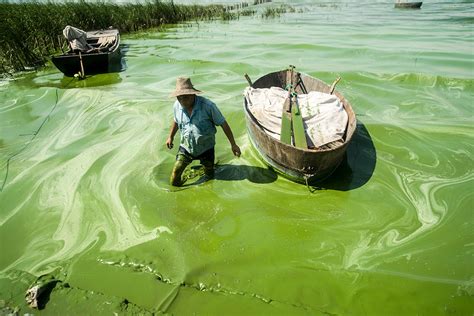Ⅰ. What's water contamination?
Water pollution, the release of substances into subsurface groundwater or into lakes, streams, rivers, estuaries, and oceans to the point where the substances interfere with beneficial use of the water or with the natural functioning of ecosystems. In addition to the release of substances, such as chemicals, trash, or microorganisms, water pollution may also include the release of energy, in the form of radioactivity or heat, into bodies of water.
Ⅱ. What are the causes of water contamination in China?
Most Causes of water pollution can be mainly attributed to anthropogenic causes. This means humans are responsible for causing water pollution. Water pollution can be defined as the introduction of pollutants into a body of water. These can cause detrimental effects on the organisms that live in the water body or interact with the water. However, the causes of water pollution can occur from natural processes or phenomenon too.
Ⅲ. What are the consequences of the water contamination in China?
In terms of health, China’s water contamination has had serious consequences. About 300 million people in China—a quarter of its population (or a number equivalent to the entire U.S. population)—drink contaminated water every day. Almost two-thirds of these people—190 million—fall ill. Children are suffering, too, with more than 30,000 dying each year from diarrhea caused by contaminated water. In addition, China’s water has been blamed for the recent high rates of various health abnormalities like cancer, stunted growth, low IQs, miscarriages, and birth defects.






